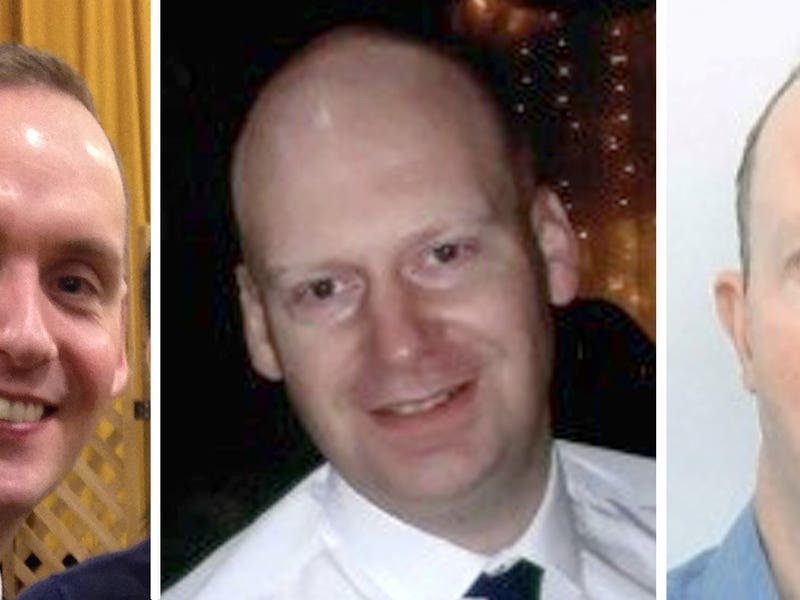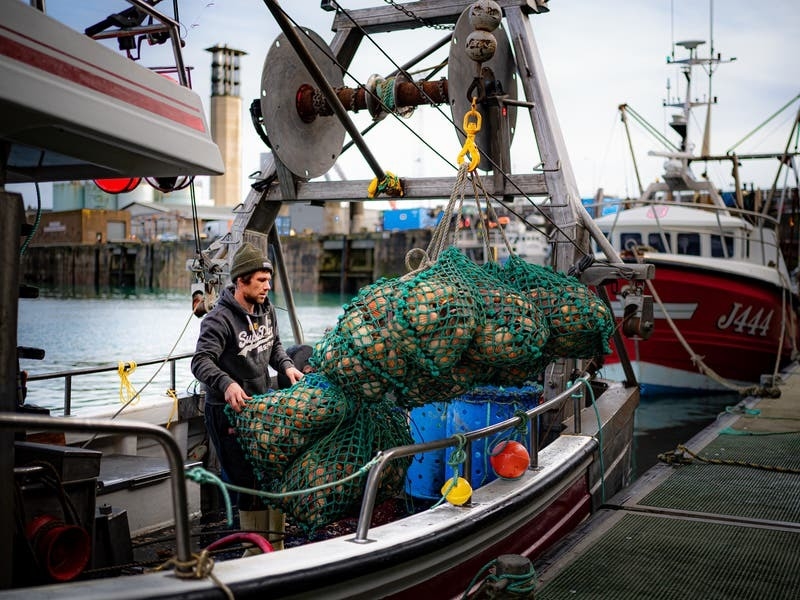Krysta Eaves meets Dom Wormell, who views being head of mammals at Durrell as more a passion than a job
A TYPICAL day in the office for Dom Wormell could be anything from dealing with staff time-sheets to wandering around a South American rainforest – or even trying to catch a fugitive otter that has escaped from its enclosure.
The head of mammals at Durrell, who has just been recognised for his work in helping to protect a Brazilian species of tamarin – a small type of monkey – admits that his job is ‘varied’.
From ensuring the welfare of the 24 types of mammal at the park to managing his 16 staff and liaising with other zoological centres and conducting his own research, Mr Wormell’s job is not your average nine-to-five.
His computer constantly pings to alert him to what he jokes is ‘another wretched email’ and staff repeatedly knock on his door to ask him questions about changes to enclosures.
His radio also crackles with updates on sightings of Geoff the otter, who escaped to St Catherine’s Woods four weeks ago and is currently giving Durrell workers the run-around.
Animal encyclopaedias, lecture papers and posters of the different species of tamarin clutter his office at the park.
And Mahatma Gandhi’s famous quote ‘The greatness of a nation and its moral progress can be judged by the way it treats its animals’ is typed out in large letters on a piece of paper stuck on the wall.
Just minutes into the conversation, it is clear that conservation is not just a job for Mr Wormell – it is his passion.
‘I find animals more interesting than people, in a way,’ the 54-year-old from St Martin says matter-of-factly.
‘Growing up, I was always shocked that people didn’t seem to think it was important to care about what happened to animals and forests.
‘For me, this is not work. I just feel that I’ve got to do this. It’s not a job, it’s a mission – a mission of trying to restore the beauty of the natural world.’
Despite being office-bound half the time, it is obvious from walking around the park that being with nature is where he is in his element.
Passing by a tarmarin enclosure, he whistles to the group and watches intently as they move to see who has made the call.
And in the bat enclosure he listens intently as a staff member tells him about Radar, an older bat who appears to be having problems with his back.
For Mr Wormell, the welfare of animals and learning about their habits is a much higher priority than the needs of visitors to wildlife parks.
‘An animal manager’s job is not just checking and feeding the animals,’ he said.
‘You have to manage the animals internationally and do vital research on things like behaviour. We can’t progress conservationally without these things. That is what this institution is about.
‘What the visitors to this site see is only a scratch on the surface. What we are trying to achieve for animals in captivity is the same behaviour that you would see in wild animals – the foraging, the social behaviour, the sexual behaviour. If you can mimic that, you are doing really well.’
But how did a boy who grew up and studied in London fall into a life of conservation?
‘I was four and it was great. He did the first Caledonian pine forest regeneration in Scotland. He was really passionate about land restoration.’
After studying biology and geology at university, Mr Wormell undertook a summer course at Durrell in 1988 before gaining a full-time job the following summer.
‘It was very different, but working with animals consumes you,’ he said. ‘Working with the issues that they face in captivity and in the wild is a battle and a challenge that goes on and on.’
Research is key in conservation, Mr Wormell says. ‘Caring for animals, you have to be as inert as possible. You are a piece of furniture that moves. You don’t want the animals to be excited by your presence. We’re trying to work out what is going on in their social groups. Basically, it’s about being as boring as possible so that the animals get on with their lives. We are positive observers.’
When Mr Wormell first started at Durrell, he worked with various animals but later specialised in tamarins when the conservation park took in four pairs in 1990. At the time, tamarins had a high mortality rate in captivity, but Mr Wormell spent years studying the ‘fascinating’ mammal, including feeding William, the park’s first hand-reared tamarin, over the Christmas of 1996.
Since then, Durrell has been responsible for learning about the best way to keep the mammal in captivity, including developing the right course of treatment to treat a
potentially deadly disease which affects tamarins known as wasting syndrome, similar to Crohn’s disease in humans.
More recently, Mr Wormell has been recognised by the Brazilian Congress of Primatology for his work in helping to protect the pied tamarin, which is found only around the rapidly growing city of Manaus. As the species is declining so rapidly, they are the only type of tamarins with a national action plan – on which Mr Wormell is helping them.
There are just 15 pied tamarins in captivity in Brazil, but there are 42 at Durrell, which Mr Wormell describes as ‘crazy’.
He is now working with Brazilian conservationists to impart the knowledge Durrell has built up over the years to see the mammal flourish in the wild as well as in captivity.
Releasing animals back into their natural habitats, seeing land which was ravaged by deforestation returned to nature – these are just some of the perks of the job.
‘What I love is when we have a birth and to see the wonderful natural behaviour of the offspring,’ he said.
He also points to the other successes Durrell has had over the years, including the work of Carl Jones, who has helped to save the pink pigeon, the Mauritius kestrel and the Echo parakeet, along with the number of international graduates from Durrell training programmes who have gone on to spread the ethos of the Jersey conservation park across the world.
But despite these successes, finding adequate funding is a constant uphill battle – the park’s annual heating bill is £250,000 alone.
‘We are always fighting for money,’ he said.
‘Visitor numbers have reduced and we have to look further afield. The sad fact is we have to go cap in hand to save the world.
‘But this vital biosphere keeps us alive. Every species that goes extinct is an absolute tragedy.’






